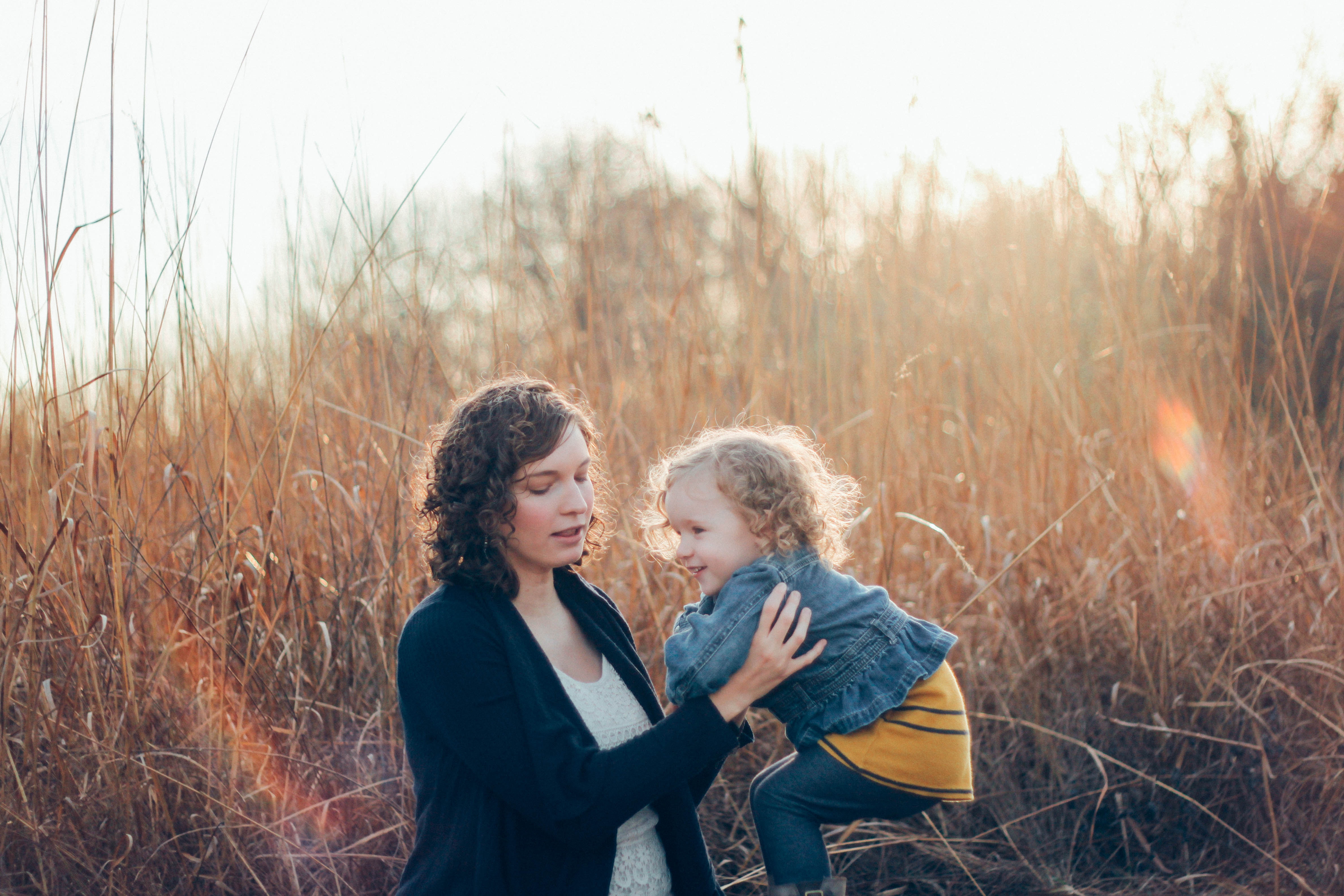No one ever thinks they are a helicopter parent. They just want their child to be successful. But if your child has band practice, followed by soccer practice, followed by dinner and 2 hours of studying, followed by a strict 9:30 bed time, then you might be a helicopter parent.
Enough research now exists to know that overparenting is bad news. Overparenting, or helicopter parenting as it is commonly called, has severe negative consequences. A 2014 study from the University of Colorado–Boulder found a highly structured childhood results in less executive function capabilities.
This is a problem. If your child can’t make decisions independently and problem solve, then running a company as an adult is out of the question. Here are 5 strategies I used to ground myself and create space for my children to find their own success.
1. The Frontier Days Rule
A lot of helicoptering comes from wanting to protect our children. A line my father, a child psychologist, told me as a college student has stuck with me. “Tomi, it is no different today than it was in the frontier days. You tell your children where the property line is, you tell them what might happen if they cross the line, and then you have to let them learn for themselves.”
We must help our children know what the boundaries are and what the consequences are if they cross them. Then we let them go with the freedom to operate within those boundaries. If they happen to cross the line and fall, be there to pick them up and say, “that must have hurt. How can I help, and what lesson have we learned here?”
2. Establish clear expectations
The cleanest way to establish expectations is with a family code of conduct. Yes, our family has the Bryan Family Code of Conduct. It reflects the values we want our children to believe in and what those values look like in action. It gave us a framework for discussions on what appropriate behavior looks like and what inappropriate behavior looks like. The result of a framework: it kept us from hovering over our children.
3. Play the No Retribution Game
The No Retribution game creates a space where it is safe to tell that something bad has happened. For my family, playing the No Retribution game involved a five to 10-minute period at Friday night dinner. All four of us took turns telling on ourselves about anything we had done during the week.
The most important rule was that there would be no punishment for what you did. The No Retribution Game basically created safe space to tattle on yourself, ease your conscience, and have no worries about punishment for the behavior.
It made sharing dark secrets a lot easier. It also seemed to make our transgressions less shameful, even if it was only in our own heads. The biggest plus – judgment is not developed from the things we do right. This game made dumb things learning opportunities instead of shameful moments.
4. Sometimes, punishment is necessary
Make it known what specific behavior gets your child thrown off the island. Tell them what it is and if they do it, throw them off the island. Doing that is important but showing them how to get back on is even more important. Children are going to break the rules. It’s what they do to determine where you end and they begin. There will be some things you many never agree on so agree to disagree – don’t make it Groundhog Day where you have the same fight day after day.
5. It’s a child to be loved, not a piece of property to be owned
Respect your child as an individual who has different likes, values, and strengths from you. You invited this child in the world to care for and love. You don’t own this child just because you pay the bills. You don’t own this child just because you put a roof over his or her head. Create frameworks for winning relationships instead of power struggles where someone is guaranteed to lose.
Children need parents who love them and will set the boundaries. Children need parents who will impose the consequences when a boundary is crossed. Children need parents who will throw them off the island for their misdeeds but also show them what it takes to get back on the island.
I decided I could be my sons’ friend after college. In the meantime, I am busy being a parent they can deeply respect and unconditionally love because they know where I end and where they begin. You and your family grow in healthy ways when everyone understands the relationship parameters and feel deeply loved within that circle.
To learn more about Dr. Tomi Bryan and her work, visit championshipdynamics.com


